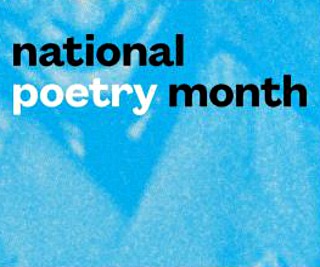I have at least three full-length poetry-book manuscripts in various states of completion, so I am constantly evaluating how these potential books are organized. I admit it – I’m somewhat obsessed with how to make them flow better. If I were to use music as an analogy, I desperately want to make sure these books are like a classic album rather of an album full of individual hit singles.
With all my incessant tinkering in mind, I have bookmarked Nancy Chen Long's awesome blog post on "Poetry Manuscripts: Resources for Organizing a Manuscript," which links to a number of promising guides:
http://nancychenlong.blogspot.com/2014/10/resources-for-organizing-poetry.html



